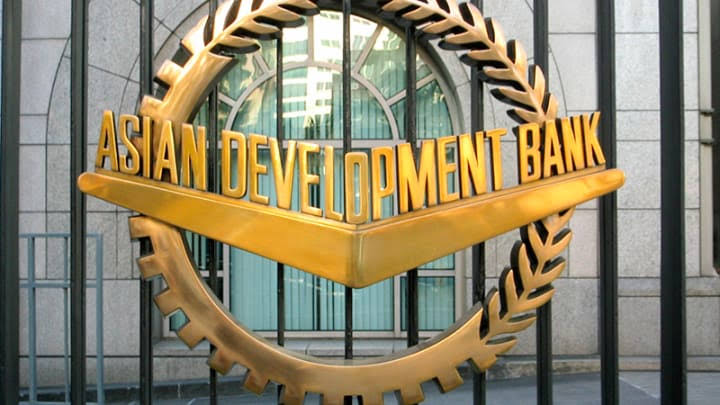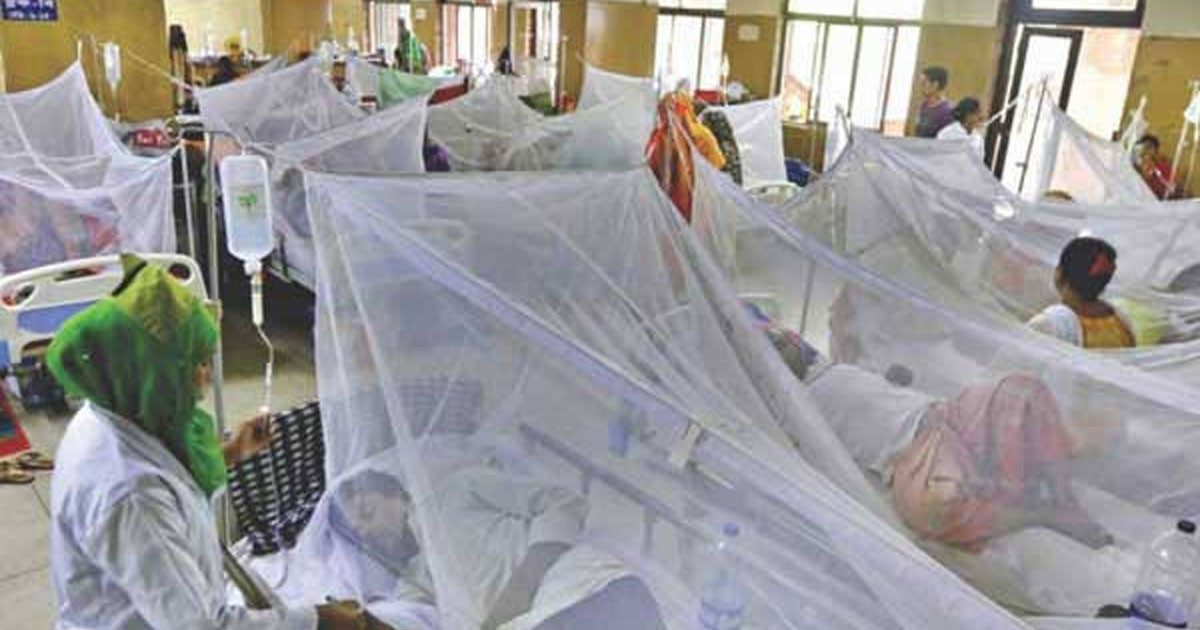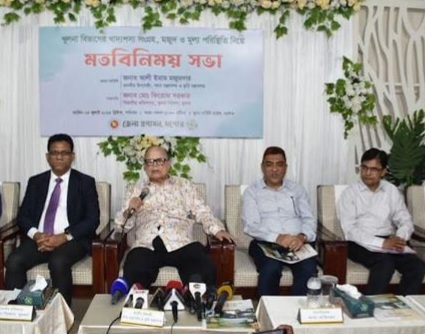
The Asian Development Bank (ADB) on Thursday approved $900 million in policy-based loans for Bangladesh, including $500 million to stabilise and reform its banking sector and $400 million to enhance resilience to climate change and promote inclusive development.
The announcement marks a significant financial and policy commitment by ADB to support Bangladesh in addressing two of its most critical development challenges: strengthening financial sector governance and combating escalating climate risks.
$500 million to rebuild confidence in the banking sector
The $500 million loan under the Stabilising and Reforming the Banking Sector Program (Subprogram 1) aims to improve regulatory oversight, corporate governance, asset quality, and overall financial stability in Bangladesh’s troubled banking sector.
“This program will bring significant value addition through building the regulator’s capacity to ensure compliance with international norms, improve capitalisation, and enhance access to affordable finance—particularly for micro, small, and medium-sized enterprises,” said Sanjeev Kaushik, ADB’s Principal Financial Sector Specialist.
The program supports reforms to improve the effectiveness of the Bangladesh Bank’s liquidity management, implement immediate actions to resolve nonperforming loans, and align the banking sector with global standards. It also aims to expand digital infrastructure to provide more inclusive and long-term financing, especially to underserved groups.
Bangladesh’s financial intermediation remains constrained by tight liquidity, weak asset quality, and limited financial inclusion—issues the ADB loan seeks to systematically address.
$400 million for climate-resilient and inclusive growth
In a parallel move, ADB approved $400 million for the second phase of the Climate-Resilient Inclusive Development Program (CRIDP), aimed at helping Bangladesh cut emissions, increase resilience to climate impacts, and foster inclusive adaptation measures.
The program is co-financed by the Agence Française de Développement (AFD) and the Asian Infrastructure Investment Bank (AIIB), bringing the total package to over $900 million.
“This program will help Bangladesh achieve its climate goals more efficiently by coordinating agency efforts, unlocking climate finance, and reinforcing adaptation in vulnerable sectors,” said Sameer Khatiwada, ADB Senior Public Sector Economist.
Key initiatives include the establishment of the Bangladesh Climate Development Partnership, development of a national disaster risk financing strategy, and support for youth-led and gender-responsive adaptation initiatives. The program also backs major strategic planning tools, such as the Revised Strategic Transport Master Plan for Dhaka (2025–2034) and implementation of renewable energy priorities under the Integrated Energy and Power Master Plan.
Climate at a crossroads: economic stakes high
Bangladesh, one of the world’s most climate-vulnerable countries, faces significant long-term economic risks. ADB-cited studies estimate that if emissions remain high, Bangladesh could lose up to one-third of its GDP by 2070, with coastal flooding alone threatening 17% of the country’s land and 30% of food production by 2050.
With tropical cyclones already causing damages worth $1 billion annually (around 0.7% of GDP), ADB’s CRIDP loan is designed to help the country mitigate losses and prevent widespread social and economic disruption.
Strategic support for Bangladesh’s development trajectory
Together, these two financing packages represent ADB’s commitment to enabling resilient, inclusive, and sustainable development in Bangladesh. By addressing both financial governance and climate vulnerability in tandem, ADB aims to reinforce long-term economic stability and support Bangladesh’s path to achieving the Sustainable Development Goals (SDGs).
ADB, founded in 1966 and owned by 69 member countries—50 of them from the Asia-Pacific region—continues to play a leading role in helping its member states respond to pressing development challenges through financial innovation and multilateral cooperation.








